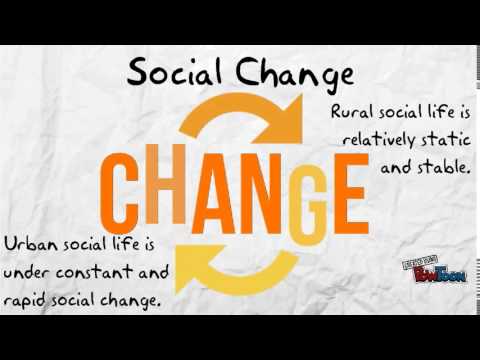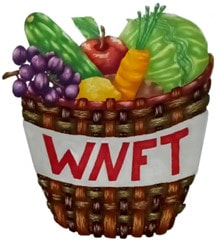 I saw a recipe the other day for a fresh apple upside-down cake. It looked delicious. It made me wonder why we eat so many foods right-side-up. All the garnishes, the flavor, the crunchy bits or melted cheese or icing, those are all on the top. We should eat them upside-down to get the most flavor. We even serve upside-down cake right-side-up. Seems like a weird obsession to me. On further contemplation, I'm realizing how much of our world has turned upside-down, inside-out. A few hundred years ago, poor people were actually the healthiest -- they got more exercise, grew their own food, lived simple lives and had longer life expectancy than their wealthy counterparts, who were idle and ate too much rich food. Now it's expensive to eat fresh, especially organic, food. Exercise often means joining a gym. The majority of Americans work sedentary jobs and can only afford less-expensive processed, mass-produced food. Poor people get outside less, and rich folks can indulge in all kinds of physical luxuries and top-of-the-line health care. A hundred years ago, America was a farming country. A family farm could support everyone on it, including hired help, and provide a little income as well. But as corporate economy grew, family farms couldn't compete. Poor people started moving to the cities, where they could find paid employment. The cities eventually encompassed ghettos, gangs, poverty in all its iterations, and suburbs started to grow as a place for "better" (read richer) living. And now, city rents are so high and other costs of living so demanding, that people of limited income can't afford to live there anymore. But with rural land now all fenced off, private property and few legal places to just settle down and live without purchasing land, we've eliminated options for the poor. We wonder why there are so many homeless, so many struggling, so many poor. Simple -- we created them. We took away the country, then took away the cities, and thousands of people have no place to go. What would you do if you couldn't pay and lost your home? Living with relatives is great, if you have relatives. Roommates crowding together works, sometimes, for a while. Couch-hopping is likely the next best option. Then you're pretty much down to living on the street or choosing a nomadic life where you hope to meet your needs through a combination of odd jobs and the kindness of strangers. In early America, the wealthy rural landowners had more influence politically. Now that a majority of our population is urban or suburban, we have an altered set of values that reflect our modern societal needs. But our government still favors the rural in many ways, such as providing a minimum of three congressional representatives per state, no matter how small the population (and, correspondingly, electoral college votes). So even though the needs of the majority of our people are far more socialist and cooperative, we're now governed by those who value isolation rather than a global community, less government as opposed to more and better services, a "if you want more, work more" attitude that doesn't translate to city dwellers whose rent is 80% of their income. Mostly, in the upside-down nature of our current society, we seem to have stopped trying to understand one another, to care about people who are different from us, to welcome the stranger. We become more and more insulated in our homes and behind our computers, and we forget that there might be a neighbor going hungry. Where we used to give food to any stranger who asked for it, we now avoid "those" people, assuming they're dangerous or criminal or lazy. We even travel the world only to stay in American hotels or walled-off all-inclusive resorts, where we don't have to experience what the native populations really live like. And if any of them dare beg for help, they're reported, reprimanded, removed, because that behavior can affect tourism dollars the rich depend on. I consider myself a humanitarian and an activist, but there are many days I don't go outside. I don't know my neighbors. I don't engage strangers in conversation. I care about feeding the hungry, but I mostly don't even do that anymore -- I just gather food and find someone else who's providing it to and interacting with the homeless camps. My world is protected, insulated, a safe distance from reality. What a shame that we feel the need to distance ourselves from one another. Our world has turned upside-down. Humankind has lost its humanity.
0 Comments
Leave a Reply. |
AuthorSusie Snortum is passionate about improving society's compassion for meeting basic human needs -- food, shelter, clean water, and dignity. Archives
September 2020
Categories |
We appreciate your support!
Hours
|
Telephone
|
Email
|
ADDRESS: 17850 NW Park View Blvd, Portland, OR 97229 United States

 RSS Feed
RSS Feed